
George Washington was an American military officer, statesman, and Founding Father who served as the first president of the United States from 1789 to 1797. Appointed by the Continental Congress as commander of the Continental Army, Washington led Patriot forces to victory in the American Revolutionary War and served as president of the Constitutional Convention of 1787, which created and ratified the Constitution of the United States and the American federal government. Washington has been called the "Father of his Country" for his manifold leadership in the nation's founding.

Alexander Hamilton was a Nevisian-born American military officer, statesman, and Founding Father who served as the first United States secretary of the treasury from 1789 to 1795.

The Founding Fathers of the United States, commonly referred to simply as the Founding Fathers or Founders, were a group of late-18th-century American revolutionary leaders who united the Thirteen Colonies, oversaw the War of Independence from Great Britain, established the United States, and crafted a framework of government for the new nation.

Ronald Chernow is an American writer, journalist and biographer. He has written bestselling historical non-fiction biographies.

Jon Ellis Meacham is an American writer, reviewer, historian and presidential biographer who is serving as the current Canon Historian of the Washington National Cathedral since November 7, 2021. A former executive editor and executive vice president at Random House, he is a contributing writer to The New York Times Book Review, a contributing editor to Time magazine, and a former editor-in-chief of Newsweek. He is the author of several books. He won the 2009 Pulitzer Prize for Biography or Autobiography for American Lion: Andrew Jackson in the White House. He holds the Carolyn T. and Robert M. Rogers Endowed Chair in American Presidency at Vanderbilt University.
Ron Powers is an American journalist, novelist, and non-fiction writer. His works include No One Cares About Crazy People: My Family and the Heartbreak of Mental Illness in America; White Town Drowsing: Journeys to Hannibal; Dangerous Water: A Biography of the Boy Who Became Mark Twain, and Mark Twain: A Life, a finalist for the National Book Critics Circle Award. With James Bradley, he co-wrote the 2000 #1 New York Times Bestseller Flags of Our Fathers. The book won the Colby Award the following year. It was made into a movie in 2006, produced by Steven Spielberg and directed by Clint Eastwood. With Ted Kennedy, he co-wrote his memoir, True Compass in 2009.
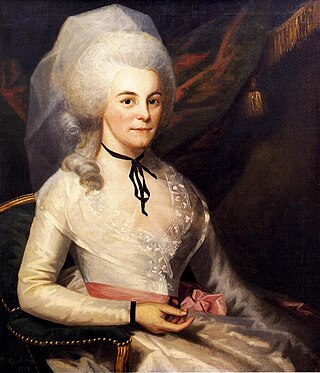
Elizabeth Hamilton, also called Eliza or Betsey, was an American socialite and philanthropist. Married to American Founding Father Alexander Hamilton, she was a defender of his works and co-founder and deputy director of Graham Windham, the first private orphanage in New York City. She is recognized as an early American philanthropist for her work with the Orphan Asylum Society.
This bibliography of George Washington is a selected list of written and published works about George Washington (1732–1799). A recent count has estimated the number of books about George Washington at some nine hundred; add scholarly articles with Washington's name in the title and the count climbs to six thousand.
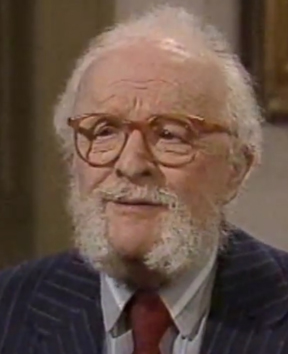
James Thomas Flexner was an American historian and biographer best known for the four-volume biography of George Washington that earned him a National Book Award in Biography and a special Pulitzer Prize. His one-volume abridgment, Washington: the Indispensable Man (1974) was the basis of two television miniseries, George Washington (1984) and George Washington II: The Forging of a Nation (1986), starring Barry Bostwick as Washington.

The Hemingses of Monticello: An American Family is a 2008 book by American historian Annette Gordon-Reed. It recounts the history of four generations of the African-American Hemings family, from their African and Virginia origins until the 1826 death of Thomas Jefferson, their master and the father of Sally Hemings' children.
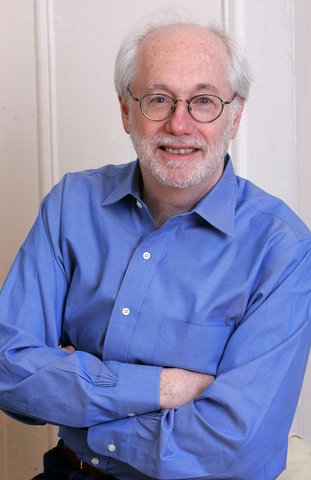
David Nasaw is an American author, biographer and historian who specializes in the cultural, social and business history of early 20th Century America. Nasaw is on the faculty of the Graduate Center of the City University of New York, where he is the Arthur M. Schlesinger Jr. Professor of History.
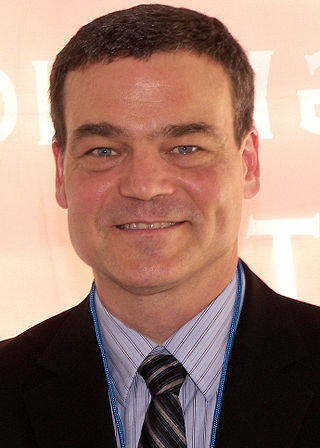
T. J. Stiles is an American biographer who lives in Berkeley, California. His book The First Tycoon: The Epic Life of Cornelius Vanderbilt won a National Book Award and the 2010 Pulitzer Prize for Biography or Autobiography. His book Custer's Trials: A Life on the Frontier of a New America received the 2016 Pulitzer Prize for History.
The Starr Center for the Study of the American Experience is an institute at Washington College, in Chestertown, Maryland, that promotes the research and study of American history and culture. Founded in 2000, the Starr Center at Washington College is one of many educational initiatives funded by the Starr Foundation, a private foundation with assets of over $1.25 billion. The inaugural director of the Starr Center, Edward L. Widmer, served under Bill Clinton as special assistant to the president for national security affairs; among other accomplishments, he wrote foreign policy speeches and advised the president on topics related to history and scholarship as senior advisor to the president for special projects. Since 2006, Adam Goodheart, a historian, journalist and author of 1861: The Civil War Awakening, has served as director of the Center. In addition to its academic components, the C.V. Starr Center works closely with external groups to sponsor events of public interest, such as the Poplar Grove Project, a recovery and recordation project in collaboration with the Maryland State Archives, and hosts readings and lectures often focused on topics of local interest, such as Chesapeake Bay history.

The 2011 Pulitzer Prizes were announced on Monday, April 18, 2011. The Los Angeles Times won two prizes, including the highest honor for Public Service. The New York Times also won two awards. No prize was handed out in the Breaking News category. The Wall Street Journal won an award for the first time since 2007. Jennifer Egan's A Visit From the Goon Squad picked up the Fiction prize after already winning the 2010 National Book Critics Circle Award. Photographer Carol Guzy of The Washington Post became the first journalist to win four Pulitzer Prizes.

Biographers International Organization (BIO) is an international, non-profit, 501 (c)(3) organization founded to promote the art and craft of biography, and to further the professional interests of its practitioners. The organization was founded in 2010 by a committee of noted biographers, led by James McGrath Morris, who served as BIO's first Executive Director. The president of BIO as of 2019 is Linda Leavell. The executive director as of 2020 is Michael Gately.
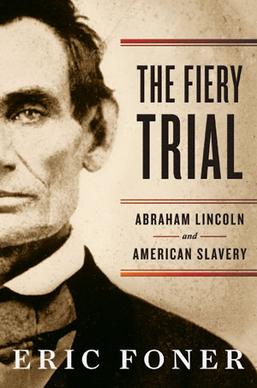
The Fiery Trial: Abraham Lincoln and American Slavery is a historical non-fiction book written by American historian Eric Foner. Published in 2010 by W. W. Norton & Company, the book serves as a biographical portrait of United States President Abraham Lincoln, discussing the evolution of his stance on slavery in the United States over the course of his life. The Fiery Trial, which derives its title from Lincoln's Annual Message to Congress of December 1, 1862, was the 22nd book written by Foner, the DeWitt Clinton Professor of History at Columbia University. It was praised by critics and won the 2011 Pulitzer Prize for History, the Bancroft Prize, and the Lincoln Prize.

Caroline Fraser is an American writer. She won the 2018 Pulitzer Prize for Biography or Autobiography, and the 2017 National Book Critics Circle Award in Biography, for Prairie Fires: The American Dreams of Laura Ingalls Wilder, a biography of American author Laura Ingalls Wilder.

Joanne B. Freeman is a U.S. historian and tenured Professor of History and American Studies at Yale University. Having researched Alexander Hamilton both independently and collaboratively with mentors and peers for more than forty years, she is regarded as "a leading expert" on his life and legacy. Freeman has published two books as well as articles and op-eds in newspapers including The New York Times, magazines such as The Atlantic and Slate and numerous academic journals referencing the U.S. Founding Father. In addition to her many public lectures on Hamilton, outside of her regular student curriculum at Yale, her talks on the topics of political partisanship and violence in the pre-Civil War Congress have appeared on C-SPAN. In 2005 she was rated one of the "Top Young Historians" in the U.S.

Grant is a 2017 biography of Ulysses S. Grant, the 18th President of the United States, written by American historian and biographer Ron Chernow. Grant, a Union general during the Civil War, served two terms as president, from 1869 to 1877. Chernow asserts that both Grant's command of the Overland campaign and his presidency have been seen in an undeservedly negative light.

Alexander Hamilton is a 2004 biography of American statesman Alexander Hamilton, written by historian and biographer Ron Chernow. Hamilton, one of the Founding Fathers of the United States, was an instrumental promoter of the U.S. Constitution, founder of the nation's financial system, and its first Secretary of the Treasury.


















